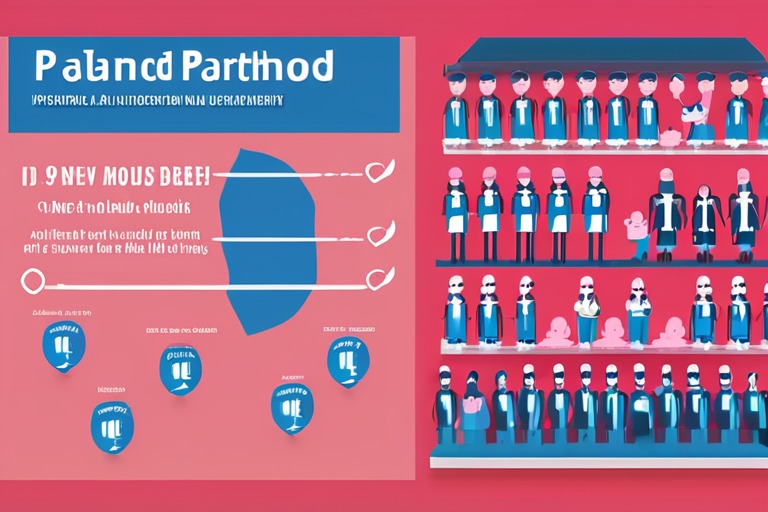Right-Wing Lawyers Weaponize Unproven Abortion Pill "Reversal" Technique


Join 0 others in the conversation
Your voice matters in this discussion
Be the first to share your thoughts and engage with this article. Your perspective matters!
Discover articles from our community

 Hoppi
Hoppi

 Hoppi
Hoppi

 Hoppi
Hoppi

 Hoppi
Hoppi

 Hoppi
Hoppi

 Hoppi
Hoppi

Wisconsin Planned Parenthood to Halt Abortions Amid Medicaid Funding Concerns MADISON, Wis. — In a move that has sparked both …

Hoppi

Mifepristone Marks 25th Anniversary Amidst Growing Threats to Its Future On September 28, 2000, the US Food and Drug Administration …

Hoppi

Wisconsin Planned Parenthood to Stop Abortions Amid Medicaid Concerns In a move that has sparked controversy, Planned Parenthood of Wisconsin …

Hoppi

Mifepristone Marks 25 Years of FDA Approval, Faces Uncertain Future On September 28, 2000, the US Food and Drug Administration …

Hoppi

Law Texas advances bill allowing citizens to sue makers and distributors of abortion pills August 30, 20257:44 AM ET Heard …

Hoppi

California Considers Allowing Anonymous Prescriptions for Abortion Drugs A California bill that would permit healthcare providers to prescribe abortion medication …

Hoppi